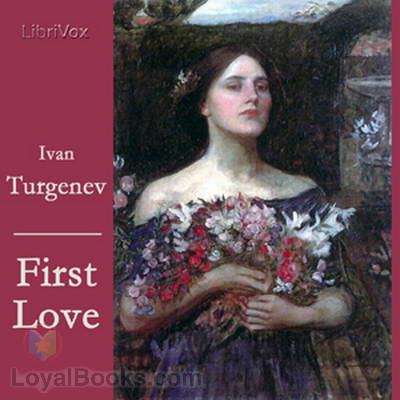

Even before he meets Zinaida, he senses this new "feminine" presence: "But through the tears and through the sorrow inspired by some melodious poem, or by the beauty of the evening, a joyous feeling of youthful and effervescent life sprang up like grass in spring." Later, correlating with the boy's tense awareness of rivalry in his love and of dangerous glamour in Zinaida's situation, the nightscape becomes portentous and uncanny: "Suddenly everything grew profoundly still all around me….Even the crickets ceased to chirrup among the trees…. For one thing we see that the lyrical descriptions of nature, for which Turgenev is famous, are more than atmospheric mood music nature also functions as an objective correlative to the young Volodia's emerging sense that life can have aliveness and experience intensity. This view of the story brings a number of its elements into sharper focus.


Romantic love is important to the story primarily because people in love feel the life within and around them more intensely than others do. It is about vitality, what it means and feels like to be fully alive. Ultimately, in fact, it is about something even broader. The story is not so much about first love as it is about romantic love. Lushin, who is Volodia's father, and including Zinaida herself and even the 40-year-old Mark Antony, romantically assumed by the ignorant in the story to have been a youth when he loved Cleopatra. Among those reduced to helplessness by love-or, more exactly, by romantic love, by "being in" love-are Zinaida's assortment of suitors, from the green Volodia to the middle-aged Dr. Somehow special, but by the end of the story we see that love affects people of all ages in much the same way. Conversely, First Love implies that adolescent love is It implies that the principal narrator, Volodia, has gone on to experience other loves, although he apparently has not, and his elegiac tone at both the beginning and the end of the story further implies that his early love was unique. The seemingly ingenuous title of Ivan Turgenev's novella First Love ( Pervaia liubov) is actually ironic.


 0 kommentar(er)
0 kommentar(er)
